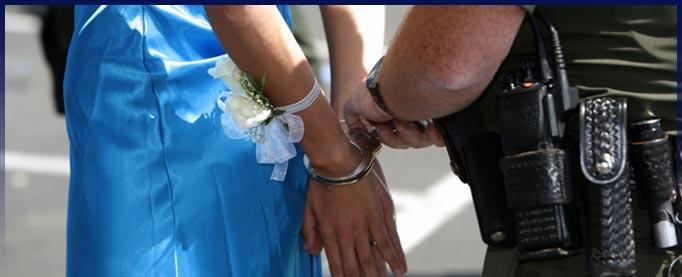Refusing a Breathalyzer in Connecticut
Drunk Driving Defense Attorney Serving Stamford, CT

When you drive in Connecticut, you give your implied consent to submit to a breath, blood or urine test if you are arrested on suspicion of DUI. A refusal will not lead to criminal charges, but it will lead to the suspension of your license.
It is important that you understand your rights and options after refusing a Breathalyzer in Connecticut. Experienced DUI defense lawyer Daniel P. Weiner can explain the law as it applies in your case and help you build a defense so you can keep your license.
At the Law Offices of Daniel P. Weiner in Stamford, we provide knowledgeable and skilled advocacy to clients throughout Fairfield County. Contact our firm online to schedule a free initial consultation.
License Suspension for Breathalyzer Refusal
The length of your license suspension will depend on your age and whether you have had previous offenses. First-time offenders:
- Over the age of 21 will have a license suspension of six months
- 18 to 20 years old will have a license suspension of 12 months
- 16 to 17 years old will have a license suspension of 18 months
When you are arrested and refuse a Breathalyzer, the police officer will take your license and file a report with the Department of Motor Vehicles (DMV) to have it suspended. This report must be signed by a third-party witness.
As your attorney, Daniel P. Weiner will work diligently to investigate your case. This includes a careful examination of whether the police officer had probable cause to demand a Breathalyzer, whether the report was properly witnessed and other key issues. We will explore every avenue to help you avoid license suspension and keep your driving record clean.
Contact a Stamford DUI Attorney for Legal Advice
Daniel P. Weiner has more than 40 years of experience handling drunk driving and other criminal charges in Connecticut. Call us at 203-348-5846 or contact us online to schedule a free consultation to talk about your case.
The police officer must have probable cause to believe that a driver is under the influence of alcohol or drugs to request a test.







